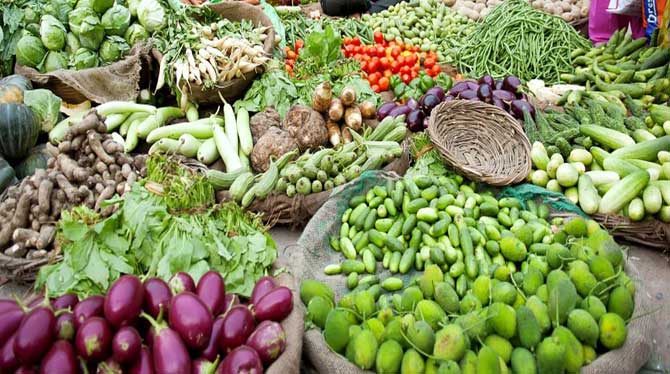Exotic vegetable’s success story in Himachal Pradesh is facing a major recession due to the novel coronavirus disease (COVID-19) lockdown. The demand for the produce has plummeted, forcing most farmers to throw away the crops or feed them to cattle.
Till a few months ago, vegetables such as broccoli, red and yellow capsicum, lettuce, and red radish were being sold at high prices in the metros. The present situation has gone out to be so worse that many farmers are giving away all their produce to vegetable vendors asking them to let people take them for free.
As per locals, the produce is highly dependent on the travel and tourism industry as the arriving tourists are served in five-star hotels and other high-end eating joints. The lockdown has sounded the death knell for the hotel and tourism industry for at least the next few months. The markets for the produce, too, have crashed, thus impacting their lives and leaving it being devastated.
Ashwani Verma, involved in the business of erecting polyhouses said, “People like us are also badly hit. We have been unable to execute the pending work because we haven’t been able to procure raw materials. The local labor is idle at home.”
Farmers took up the production of these vegetables in districts such as Solan, Sirmour, Shimla, Mandi, and Kullu. The vegetables would be transported to cities like Chandigarh and Delhi, the main markets for such produce.
Kisan Sabha leader Kuldip Tanwar said exotic vegetables still account for over five percent of the 18 lakh metric tons of vegetables produced in Himachal Pradesh.
Most producers have their own chain of marketing.
“The Agriculture Produce Marketing Committee (APMC) and other institutions had no role to play in the marketing till now. There is a need to have a cool chain infrastructure and refrigerated vans to transport the produce. It needs to be understood that these are future crops,” he added.
Meanwhile, farmers pressed the need for a relief package. Another main problem mentioned was that the farmers weren’t able to repay loans taken through Kisan credit cards. Thus it became difficult for them to procure seeds, fertilizers, and other inputs for the upcoming season. The farmers urged the government to come up with some key interventions to make the situation better.




